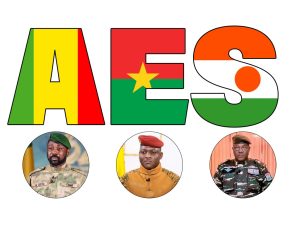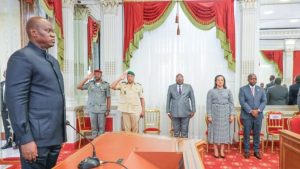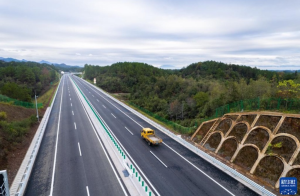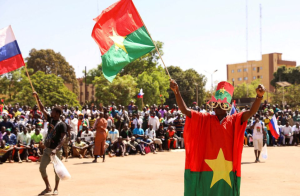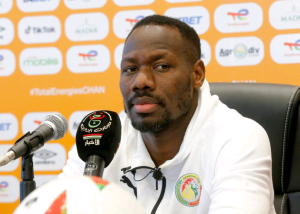Burkina Faso: Sovereignty on the march in the face of covert interference
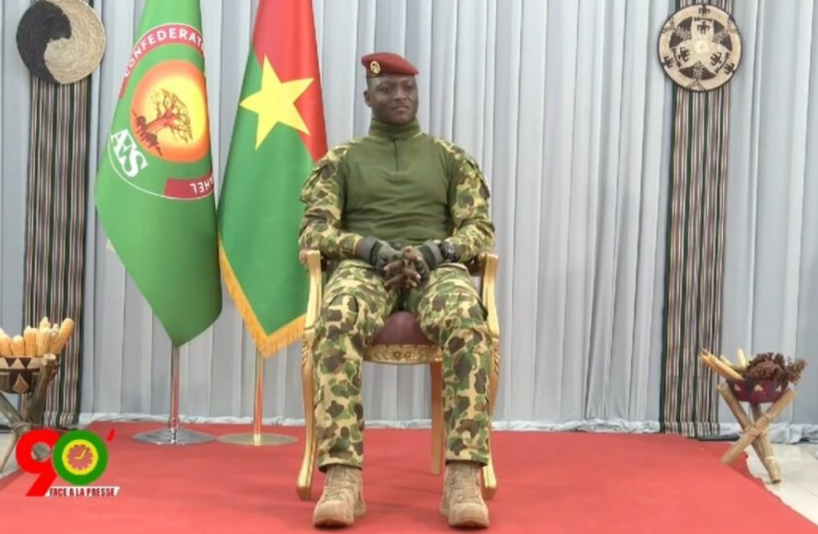
For several years, relations between Burkina Faso and Côte d’Ivoire have been going through a turbulent phase, marked by mutual suspicions, diplomatic tensions, and deep disagreements over security and sovereignty issues. The late August 2025 arrest of six Ivorian Daara agents by the Volunteers for the Defense of the Homeland (VDP) on Burkinabe territory is part of a broader geopolitical reshaping in West Africa. This incident, now confirmed by the Transitional President, Captain Ibrahim Traoré, goes far beyond a border dispute—it highlights the new balance of power among African states determined to break with submission, opacity, and impunity.
This case reflects a decisive turning point: a Burkina Faso that refuses to remain an open ground for all forms of interference, whether political, military, or even disguised as humanitarian aid. Captain Ibrahim Traoré, adopting a stance of sovereign firmness, presents this arrest not as a provocation, but as an act of republican vigilance.
At a time when African peoples are awakening and demanding justice, dignity, and self-determination, it must be recognized that rebuilding also requires securing our borders and political choices. The logic of neo-colonial relations, maintained by certain West African capitals in the service of external interests, is reaching its limits in Ouagadougou today. Every unauthorized incursion, every operation of influence hidden under so-called “humanitarian” missions, is an affront to sovereignty that will no longer be tolerated.
The Transitional President speaks not only on behalf of Burkina Faso but also for an entire African generation determined to no longer endure diplomatic humiliation. He extends a hand, yes—but with dignity. He calls for dialogue, indeed—but dialogue among equals. Yet how can we speak of sincere cooperation when our citizens die in detention in Abidjan, under the complicit silence of international institutions?
The arrest of the Daara agents, far from being an isolated act, is part of a broader dynamic of rebuilding the Burkinabe state, restoring authority, and reasserting popular sovereignty. This is not merely a diplomatic issue. It is about redefining the rules of the game in a changing Africa—an Africa where security, the dignity of peoples, and truth will no longer be sacrificed on the altar of the powerful. Burkina Faso is paving the way. It is now up to its African brothers to heed the call.


